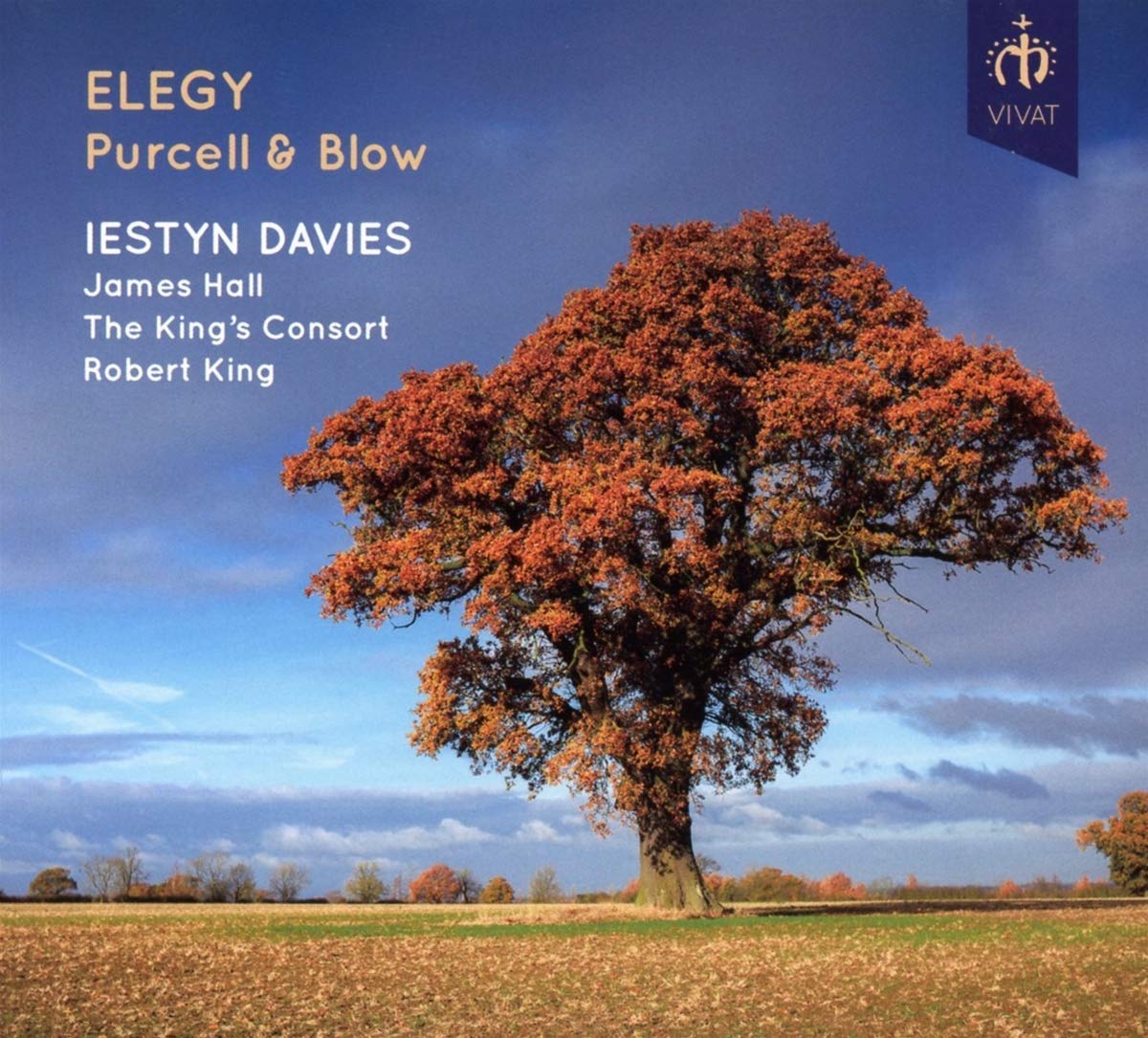Duets for the countertenor or high tenor voice – often not easy to distinguish between – were popular repertoire during the Restoration, the CD under review featuring a number of well-known examples such as Purcell’s ‘Sound the trumpet’ from the ode Come ye sons of art, ‘O solitude’ and ‘O dives custos’, one of the elegies written to commemorate the death of Queen Mary in 1695, and John Blow’s moving ‘Ode on the death of Mr Henry Purcell’, the most extended work on the disc. There are also a number of solos sung by Davies.
There is therefore rather a concentration on sombre or more reflective topics that seems to have cast something of pall over the CD as a whole. It gets off to a good start with the bright warblings of ‘Hark how the songsters’ from Timon of Athens, Shadwell’s adaptation of Shakespeare. Here the two voices expertly combine with a pair of recorders to weave a colourful tapestry of sound in one of the more agreeable of the Baroque’s ubiquitous bird songs. The following ‘In vain the am’rous flute’ from the Ode for St Cecilia’s day Hail, bright Cecilia is admirable for the sheer sweetness of the sound and the musical way in which the two voices shape the long, melismatic lines. Yet nagging questions start to arise. Does the slow tempo chosen leave it sounding somewhat pedestrian? Is the less than clear enunciation responsible for the lack of engagement felt by at least this listener? A pattern is thus established that extends for the remainder of the disc. The voices are beautifully matched and duet together sympathetically, but is difficult to avoid a feeling of ever-encroaching blandness. Just occasionally something more potent arises, such as Iestyn Davies’ ‘Incassum Lesbia’, particularly at the heartfelt words ‘Regina, heu Arcadiae regina’, where he finds an emotional response to the text not often in evidence elsewhere.
As it happens, over 30 years ago, Robert King recorded for Hyperion a record with almost the same content sung by an earlier generation of countertenors, James Bowman and Michael Chance. I dug it out to find whether it confirmed my impressions of the new disc, which it unquestionably does. Everything on the older recording is brighter, more alive, even the more sober numbers having a deeper expressive quality than those on the new CD. Neither is the presentation on the latter as good, with no source or Z number given in the contents listing, as it was on the Hyperion. The disc will doubtless please the many admirers of Iestyn Davies – though it is worth noting that the lesser-known James Hall is by no means overshadowed – but to my mind it is another reminder that the last quarter of the 20th century was a golden age for the British early music revival.
Brian Robins
Click HERE to buy this CD on amazon.
